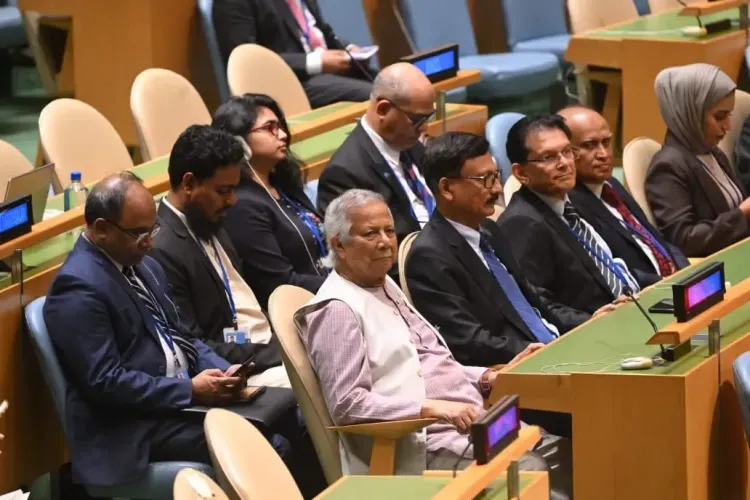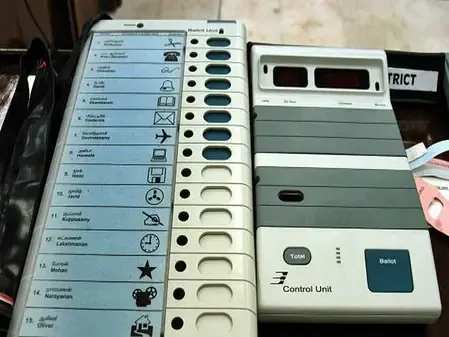Is the Bangladesh Passport Crisis a Sign of Eroding Civic Values?

Synopsis
Key Takeaways
- Bangladesh’s passport crisis signifies a deeper erosion of civic values.
- The country ranks 100th on the Henley Passport Index, its lowest ever.
- Visa restrictions from multiple countries reflect growing global distrust.
- Structural issues in governance and economy drive irregular migration.
- Restoration of credibility requires consistent governance and transparency.
Dhaka, Oct 21 (NationPress) The crisis surrounding Bangladesh's passport credibility serves as a mirror reflecting a broader decay in civic values, where corruption, deceit, and short-term opportunism have become entrenched in society, extending beyond its borders, according to a recent report.
As per the latest Henley Passport Index published in October 2025, Bangladesh has dropped to the 100th position, marking its lowest rank in years, sharing this spot with a nation like North Korea, notorious for its isolation.
“Throughout Asia, Europe, and the Middle East, reports of visa overstays, illegal migration, and forged documents linked to Bangladeshis have become common headlines. Countries that once welcomed Bangladeshi travelers are now tightening their entry requirements. For instance, Vietnam suspended visa issuance for Bangladeshis in early 2025 due to a spike in overstaying and illegal employment cases,” noted an article from the Dhaka Tribune.
“Countries like Singapore, Malaysia, and Thailand have introduced stricter scrutiny measures, while the United Arab Emirates quietly halted most visa categories for Bangladeshis last year. These seemingly isolated policy actions collectively diminish the global trust that underpins a passport's strength,” the report added.
It highlighted that the situation is increasingly concerning as it is not merely bureaucratic or procedural but also psychological. Each time a Bangladeshi passport holder approaches an airport immigration checkpoint, they bear the burden of global suspicion.
“To place the blame solely on individual actions would be an oversimplification. The crisis is structural. The weakness of Bangladesh's passport is indicative of deeper issues in governance, diplomacy, and domestic opportunities,” the report emphasized.
“In a country where unemployment is persistently high and job creation is stagnant, its youth are naturally compelled to seek opportunities abroad. When legal avenues are restricted or become excessively costly, irregular migration emerges as a desperate alternative. Every overloaded vessel on the Mediterranean or undocumented workers overseas contributes to the decline of the Bangladeshi passport's credibility,” it stated.
Furthermore, the report underscored that acceptance on the global stage cannot be fabricated through attractive cover designs or diplomatic slogans; it must be earned through consistent governance, transparency, and international goodwill.
“Foreign governments assess more than just paperwork; they scrutinize a nation’s conduct. The cumulative effect of fraudulent migration, counterfeit documents, and misleading promises in foreign employment has transformed Bangladesh’s passport into a symbol of uncertainty,” it concluded.









